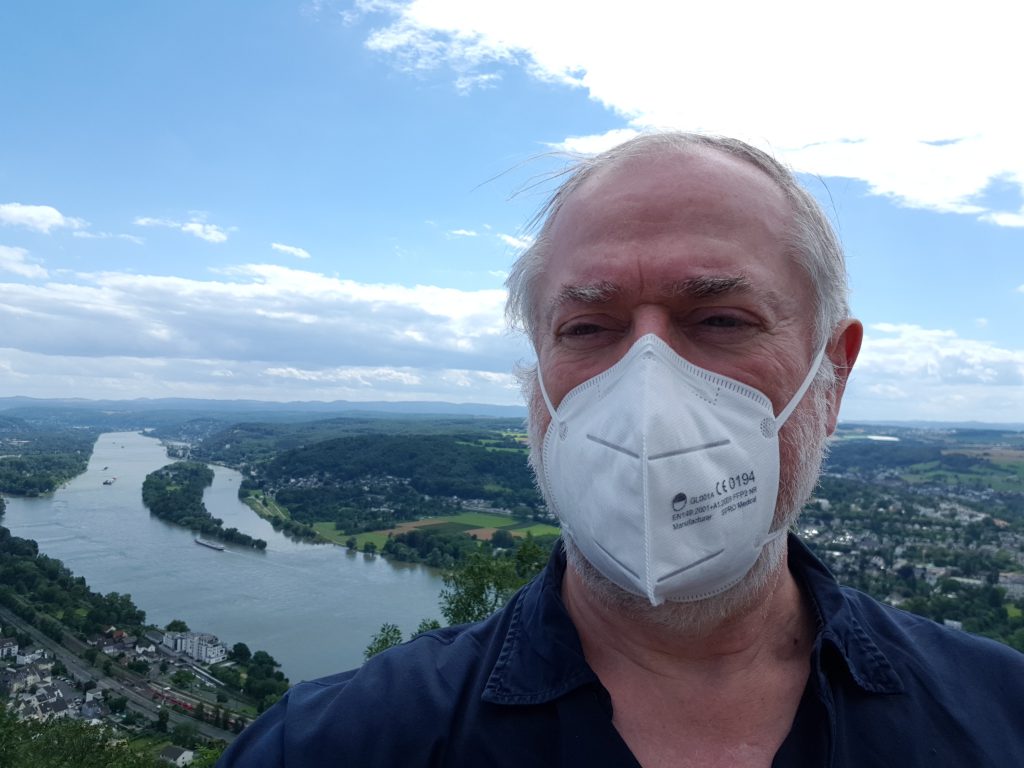Here is the interview in French. (English draft below.) It relates to a VoxEU Column and research available as CEPR Discussion Paper.
Vu M. Ngo, Klaus F. Zimmermann, Phuc V. Nguyen, Toan Luu Duc Huynh and Huan H. Nguyen (2022). “CAMPAGNE VACCINALE. Bons et mauvais élèves de la vaccination dans le monde : radioscopie des facteurs clés.”
Interview with the French media Atlantico. PDF. LINK to the French website.
Q: What are the main criteria for determining the success of a vaccination campaign in a given country ?
Our study looks at this from a global, cross-country perspective investigating how fast countries have moved with their vaccination campaigns after they got access to the vaccine. Factors considered in our statistical analysis were political regimes, the education system, Gross Domestic Product per capita, population density, share of older inhabitants, vaccines purchased, vaccine policies, average daily new infected COVID-19 cases and variables controlling for differences across continents.
Q: Do some countries have a structural advantage before starting a national vaccination campaign?
The intensity of the educational system is the most important, in particular at the beginning of the campaign. Later in the process, to get speed, it is the economic strength of the country. More democratic countries have advantages at the outset, they are more sensitive in reacting to people’s needs. But the differences to more autocratic countries become less relevant in the process. Differences in vaccine policies mattered initially, but not afterwards.
Q: How important is it to determine these criteria before establishing a nationwide vaccination strategy ? Can the variables of the campaign be adjusted to fit the parameters of each country ? Can we see common incentives for different countries?
These criteria provide a reference to judge the quality of country-specific strategies, the counterfactual to what the performance was against the average country in such a national situation. Since the challenge is global, it becomes also obvious that the rich and educated countries of the world need to support those that are still behind. It is also in their own interest.
Q: You note that democratic regimes have a faster rate of vaccination but that this advantage fades as they try to vaccinate more people. How much does the type of government in a country affect the success of a vaccination campaign? Based on these criteria, in what range is France?
We distinguished between full democracy, flaw democracy, hybrid regime and autocratic country. Initially, the differences of all those with autocratic countries were strong, but with the exception of full democracies these differences indeed faded away. Full democracies, as France, showed a persistent advantage however in the whole process. But we should admit that political regimes explain only 11% to 15% of the total factors we measure associated with the vaccination success.
Background studies:
Vu M. Ngo, Klaus F. Zimmermann, Phuc V. Nguyen, Toan Luu Duc Huynh and Huan H. Nguyen (2022). “Understanding the setup and speed of global COVID-19 vaccination campaigns”. VoxEU on 25 January 2022.
Vu M. Ngo, Klaus F. Zimmermann, Phuc V. Nguyen, Toan Luu Duc Huynh and Huan H. Nguyen (2021). “How education and GDP drive the COVID-19 vaccination campaign”. CEPR Discussion Paper No. 16757.
Related Covid-19 papers:
Gokhan Karabulut, Klaus F. Zimmermann, Mehmet Huseyin Bilgin and Asli Cansin Doker (2021), “Democracy and COVID-19 Outcomes”. Economics Letters (EL-Prepublication, EL-Online Appendix) Volume 203, June 2021, 109840 Open Access; free PDF. https://doi.org/10.1016/j.econlet.2021.109840
Klaus F. Zimmermann, Gokhan Karabulut, Mehmet Huseyin Bilgin and Asli Cansin Doker (2020), “Inter-country Distancing, Globalization and the Coronavirus Pandemic“, The World Economy, Vol. 43, pp. 1484-1498. OPEN ACCESS, doi:10.1111/twec.12969. PDF.
Ends;


